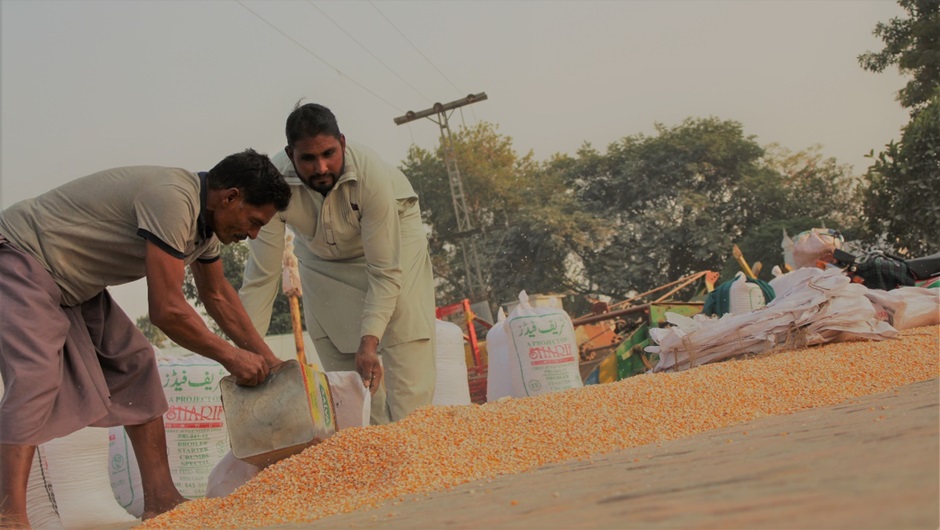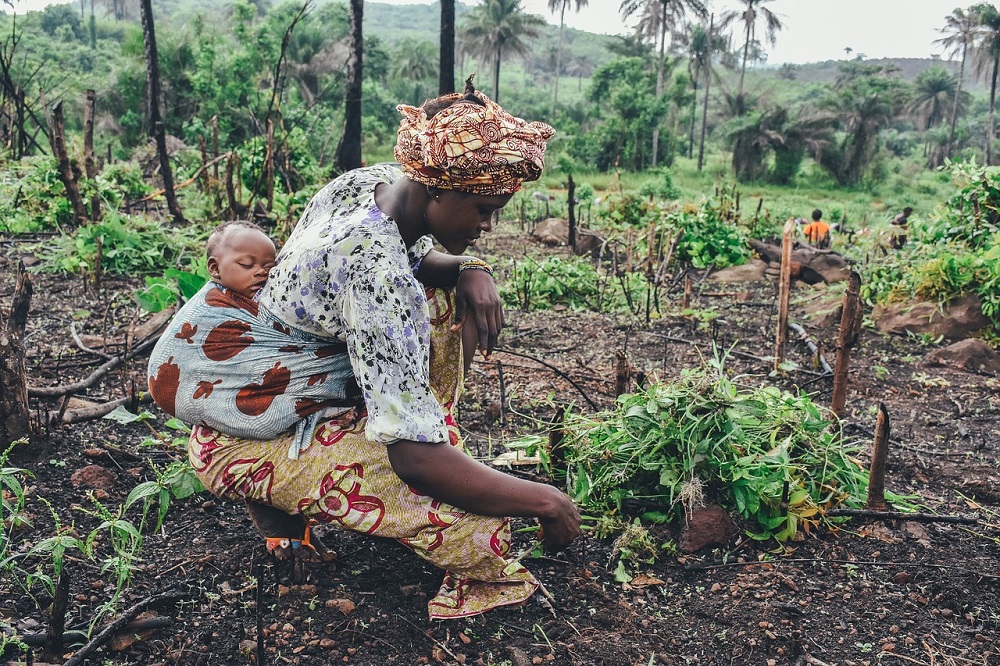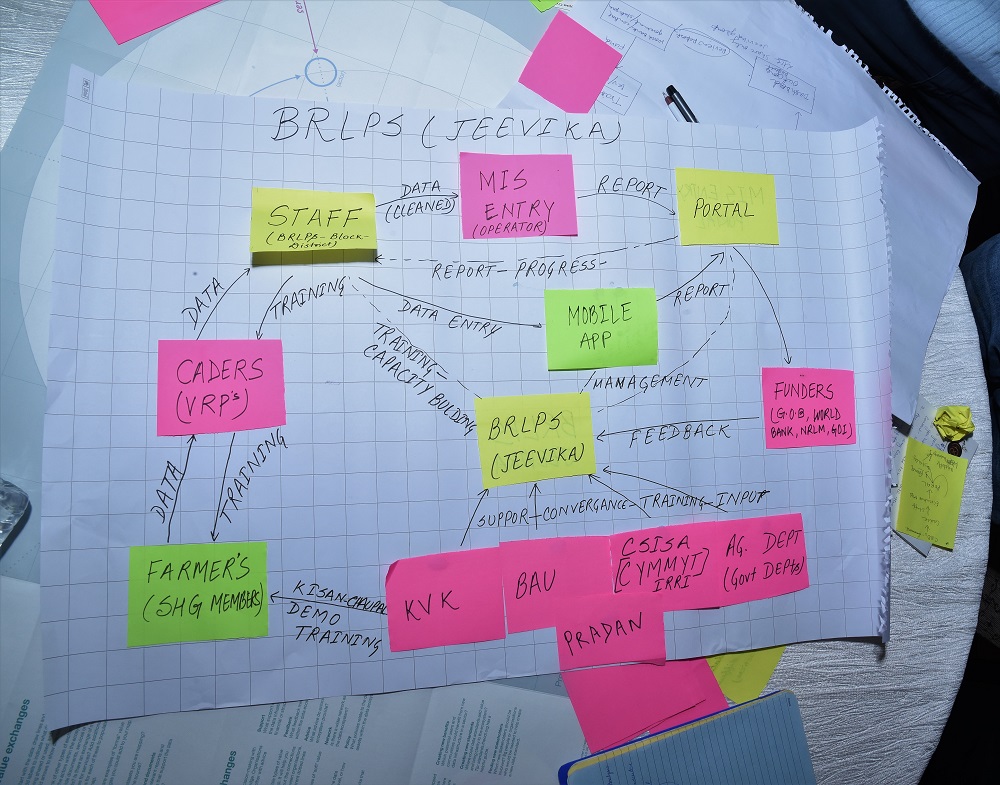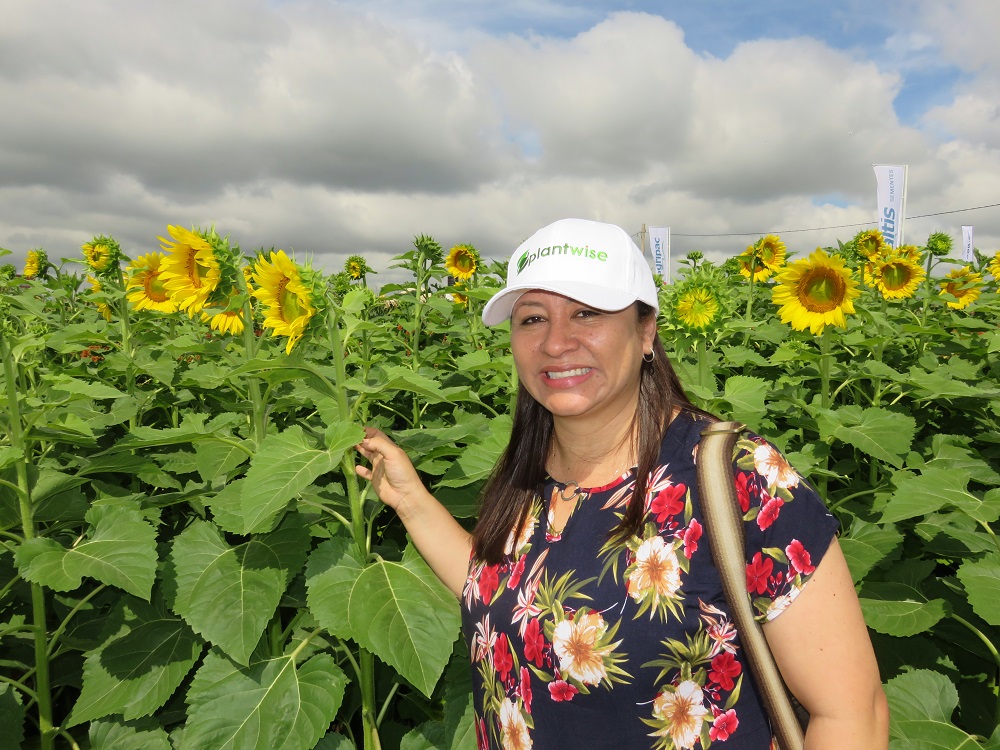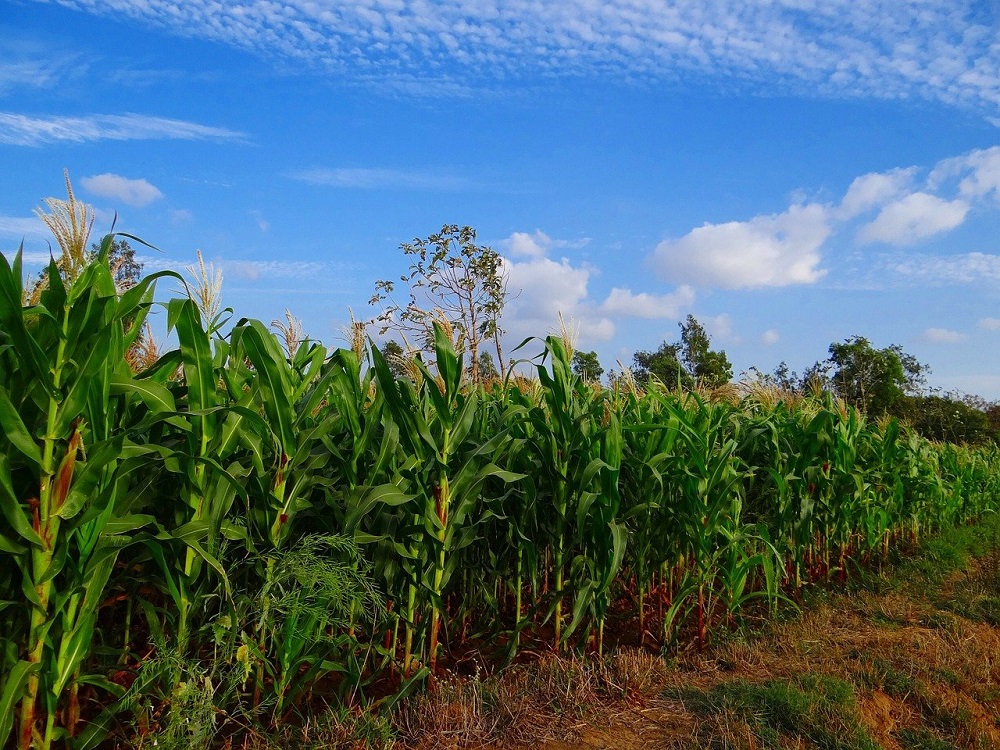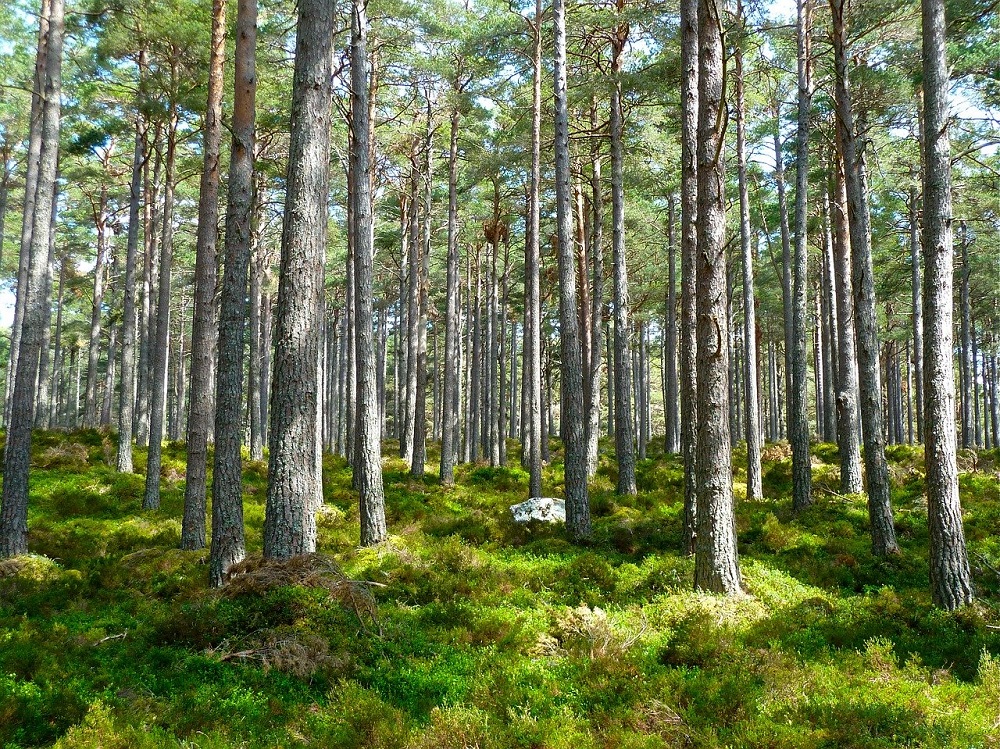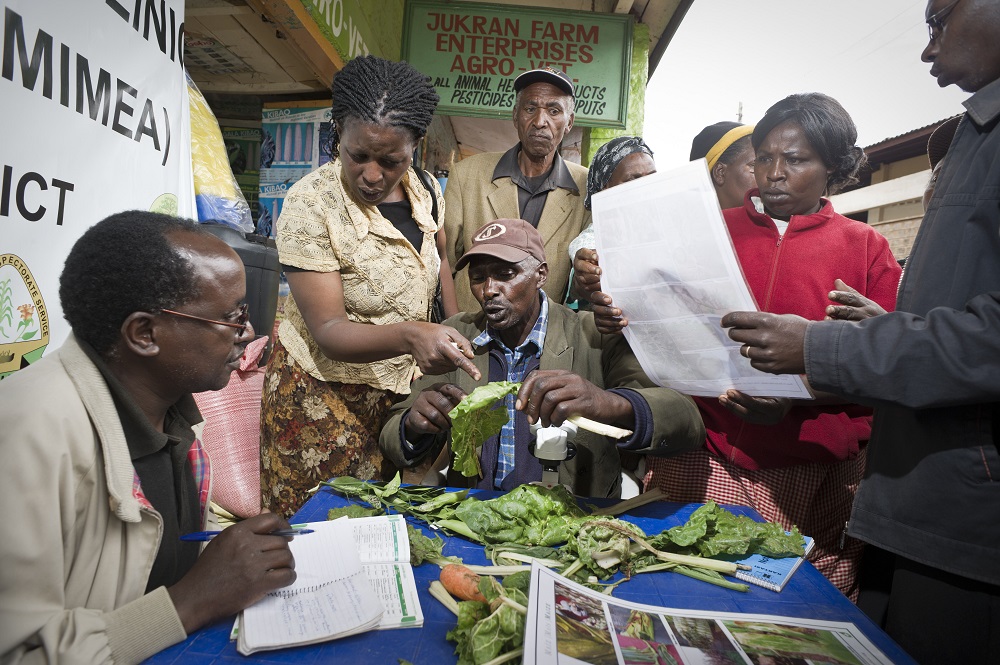CABI Blog
You are here: CABI Blog
Building work starts on Pakistan’s first commercial facility to produce a biocontrol product for maize
December 7, 2020
Babar Bajwa, Sabyan Faris Honey
No Comments
Rafhan Maize Products Co. Ltd has begun building an AflaPakTM dedicated laboratory and production facility in Faisalabad which will be the first commercial facility in Pakistan for manufacturing a biocontrol product for the country’s maize sector.
Soil Health – applications and opportunities for climate-smart farming, food security and environmental integrity
November 20, 2020
Wayne Coles
1 comment
Poor soil fertility is a key constraint to improving farm productivity and farmer livelihoods in sub-Saharan Africa as it is elsewhere in the world. CABI has a long history of helping to improve the livelihoods of smallholder farmers through better access to practical information about integrated soil fertility management as part of the Africa Soil…
Virtual training held on creating greater impact through wider data sharing
November 17, 2020
Akansha Nagpal, Arun Jadhav
No Comments
The Cereal Systems Initiative for South Asia (CSISA) in collaboration with CABI and the Open Data Institute (ODI) is taking part in an initiative to support national and local stakeholders – including private players – on best practices around collecting, managing and sharing of research data. Funded by the Bill & Melinda Gates Foundation (BMGF),…
Role of women in agriculture highlighted at national congress
November 3, 2020
Yelitza Colmenarez
1 comment
Dr Yelitza Colmenarez, CABI’s Director Brazil Centre and Regional Coordinator for the Plantwise Programme – Latin America and the Caribbean, has taken part in the recent 5th National Congress of Women in Agribusiness (Brazil) to help highlight the importance of women in agriculture and how the gender component is a key focus in CABI’s programmes –…
CABI-published book makes Diagram Prize 2020 shortlist
October 27, 2020
Wayne Coles
2 comments
A book published by CABI has been shortlisted for the Bookseller Diagram Prize 2020 which since 1978 has sought to ‘honour’ the book world’s strangest and most perplexing titles.
Pakistan’s maize farmers get to grips with mechanized technology aimed at improving productivity
October 23, 2020
Umair Safdar
No Comments
CABI in Pakistan, in coordination with the Government of Punjab’s Agriculture Department, have given maize farmers a taste of improved productivity thanks to the mechanized technology provided by the ‘cob picker’.
Registration of biocontrol products for the agricultural sector in Pakistan moves a step closer
October 21, 2020
Babar Bajwa, Sabyan Faris Honey
1 comment
CABI, with the financial assistance of the United States Agency for International Development (USAID) and the United States Department of Agriculture, Foreign Agricultural Service (USDA-FAS), and technical assistance from IR-4 project, is helping Pakistan move a step closer towards the registration of biocontrol products to fight a range of crop pests and diseases which can…
CABI in Pakistan showcases its work on cotton as part of World Cotton Day
October 20, 2020
Babar Latif Baloch, Noreen Mangrio
No Comments
CABI in Pakistan took the opportunity to showcase its work on cotton, as part of a special World Cotton Day event hosted by the Central Cotton Research Institute (CCRI) in Multan, which included details on how it supporting more than 32,000 cotton farmers, 52,000 cotton farm workers and 500 agriculture extension workers through its projects.
‘Branching out’ for more sustainable ways to protect global biodiversity with the world’s trees
October 19, 2020
Wayne Coles
No Comments
Trees and forests play a significant role not only in the future of the human race but in the earth itself and in ways you might not even imagine.
World Food Day: How can we work together to help smallholders meet the challenge of agricultural diversification?
October 16, 2020
Morris Akiri
No Comments
In a warming climate, we must rely on a wider range of crops to feed the world. While agricultural diversification has been put forward as a solution, can smallholder farmers afford to diversify? And, if not, how can we work together so that they do not face the challenges alone? By: Dr Morris Akiri, Regional…
Subscribe to blog
DISCLAIMER
Views expressed in contributions do not necessarily reflect official CABI positions.
Archives
Categories
- Agriculture and International Development
- Veterinary and Animal Sciences
- Climate change and biodiversity
- Publishing
- Value chains and trade
- Crop health
- Environmental Sciences
- Human Sciences
- Tourism, Hospitality and Leisure
- Food and nutrition security
- Plant Sciences
- Gender and youth
- Digital development
- Development communication and extension
- Economic development
- Invasive species
- CABI Bioservices
- One Health


